Couch to 5k: why you should start and how to keep going
Get up and running with couch to 5k

Get up and running with couch to 5k

The Couch to 5k running plan was created by designed Josh Clark to encourage his 50-something mum off the couch, but with the app having recently hit more than 5 million downloads, it’s clearly encouraged a lot of other people too. Endorsed by the NHS, the plan is simple to use and guides you every step of the way.
It’s available free for anyone who wants to try it, and you could be running a 5k in as little as 9 weeks – even if you’ve never run before.
Download the couch to 5k app on your phone, available on Android devices and iPhone, pick your favourite trainer to guide you through each run – there are some impressive celebs in there too (did you expect to be motivated to run by Jo Whiley), thanks to the app being in partnership with the BBC.
Before you set off, plan a simple route. For the first few runs, you won’t be going too far, but consider any busy roads and the time of day you are running. For example, if it is going to be dark, wear something you’re visible in.
As a run leader, I encourage all new runners to go as slow as they can in the beginning and think about minutes not miles – the key thing is to take it at your own pace and build up as slowly as you like. If you listen to the app’s guidance, you’ll find this simple enough (if not easy...).
The plan has three runs a week, which mix running and walking (commonly know amongst runners as Jeffing), you’ll very gradually decrease the walking and spend longer and longer running. Week 1 looks like this:
Plan your runs into your week, but avoid doing them too close together so your body has time to recover. Exercising creates tiny tears in muscle fibres and the only way for our body to rebuild itself is to rest.
So, while it can be tempting to go ‘all out’ in the beginning, you won’t be doing your body any favours - embrace the rest days because they're just as important as the running days in terms of building complete fitness.
The final week has a 30-minute run, which for some is equivalent to about 5k – or you can just put the app down and do a local 5k race. However, don’t worry if you struggle at any point in the buildup: remember, you can repeat any runs if you don’t feel ready to move onto the next stage.
This is your journey and as long as you keep going, you are free to do anything you like to keep it enjoyable and motivating.

When you start your running odyssey, it’s a good idea to keep a log of your runs so you can see your progress and note down any niggles you might have noticed.
Boston Marathon winner Amby Burfoot writes in his book Run Forever: “A log forces you to think about the details of your running, and from those details, many stories and observations will emerge.”
Note down what felt good on your run. For example, if you felt stronger on the running sections than previously, think on why that could be and jot it down. Perhaps you ate healthier during the day which helped fuel you? Or maybe the weather was cooler first thing in the morning, which made it easier than when you have run in the afternoon?
If you end up with a wonderful running career, you’ll love to look back at these early entries to see how far you’ve come.
If you have a smartwatch or phone, download the Strava app, which is a nifty platform that tracks your mileage, time and route. There’s a notes section for you to journal in and a barometer to note how you felt on each run. Keeping a log can be a great tool, but there is no pressure to do it if you don’t want to.
You're up and running and that is the main thing.
Running is known to have many benefits including increasing joint health and stability, but a recent study by the British Journal of Sports Medicine has discovered that taking part in couch to 5k could also improve participants’ quality of life.
Tracey Walton recently completed the plan and saw huge improvements: “Couch to 5k changed my life. I’d never run in my 58 years, then I completed it and now I run four times a week, I've joined three running clubs and have run in 5k, 10K and half marathon races.
“Before starting the plan I never went out of the house without being covered up from head to toe but now I think nothing of going for a run in shorts and a vest. It’s given me the confidence to do lots of other things too, including taking up pole dancing at 59.”

Hanna Bennett started the plan after issues with her health: “I’m 64 and I was struggling with back pain and my weight- I felt old, frumpy and out of control.
"I’d never run before so the whole concept was completely new to me and when I started day one I couldn’t complete the running sections, but this only reaffirmed I needed to continue.
“I found it really difficult but I persevered, running 3 /4 times a week regardless of what was happening in my life often getting up at 6am to go out. "Now I regularly run 5k and am working towards a 10k - I’m not fast but I have learnt to run my own way and I've found a love of running that I never thought I’d have.
“I’ve lost more than two stone in weight, my diabetes is well under control and my mental health is so much better. Couch to 5k has improved my life massively.”

Running solo might suit some, but if you want an extra bit of support, you could look to make some running friends.
There are lots of groups you can join on social media, where you can connect with other couch to 5k runners. Search for ‘couch to 5k’ in the search bar of your social media account and have a browse.
Check to see if your local area has a running club - most are accommodating for beginners and will invite you to try a club run, so you can meet everyone before you commit to joining – even if you’re still a bit of a run-walker.
There is also a free 5k run/walk which is held in hundreds of UK locations every Saturday at 9AM called parkrun, which you can use as a motivational goal to aim for. It’s incredibly friendly and accessible, and there is no time limit.
No one is left behind, so you can go at your own pace and just enjoy being out with other runners (including running then walking, depending on where you are in your C25k journey, and you don’t have to complete it).
A briefing is held for new runners before the start to explain the course and ask any questions, and lots of volunteers are on hand if you need to ask any questions.
All you need to do is register (for free) and download the barcode to your phone or print it out and bring it with you to log your finishing position and time. Then, when the time comes, you can tackle the whole thing in one go, and feel like an absolute superstar.
If you’re feeling motivated to start, check out your local parkrun online and pick a date you’d like to do it by. If you tell your friends and family of your plan, you’re far more likely to succeed.
Becky Frew has written various articles for newspapers and magazines focusing on fitness, is a qualified run leader, and a certified sleep talker trainer who loves to help advise people how they can nod off easier.
When she is not writing or reading about fitness, she is at hot pod yoga, bounce class, training for an ultra-marathon or booking anything with a medal and free food at the end.


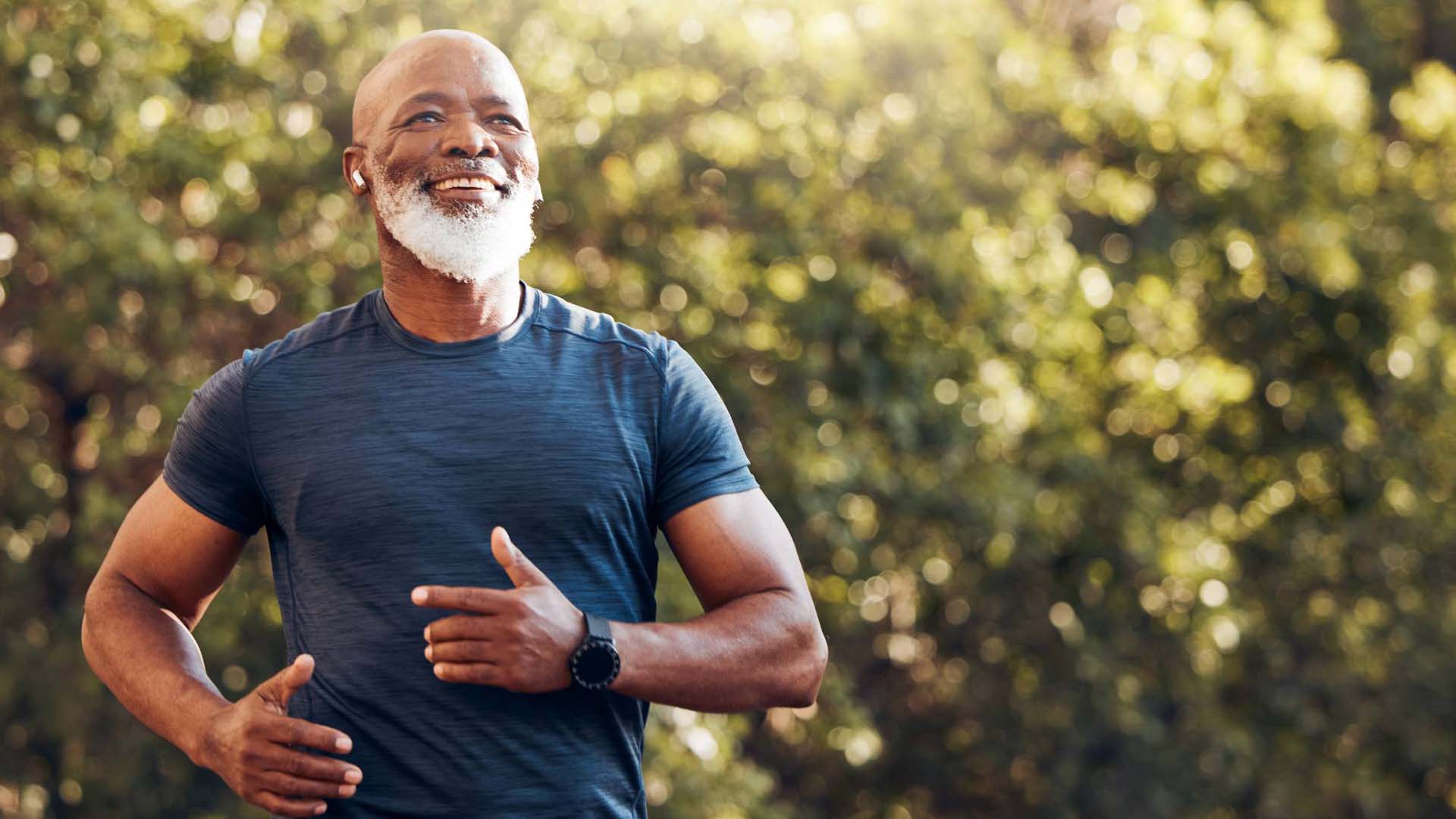
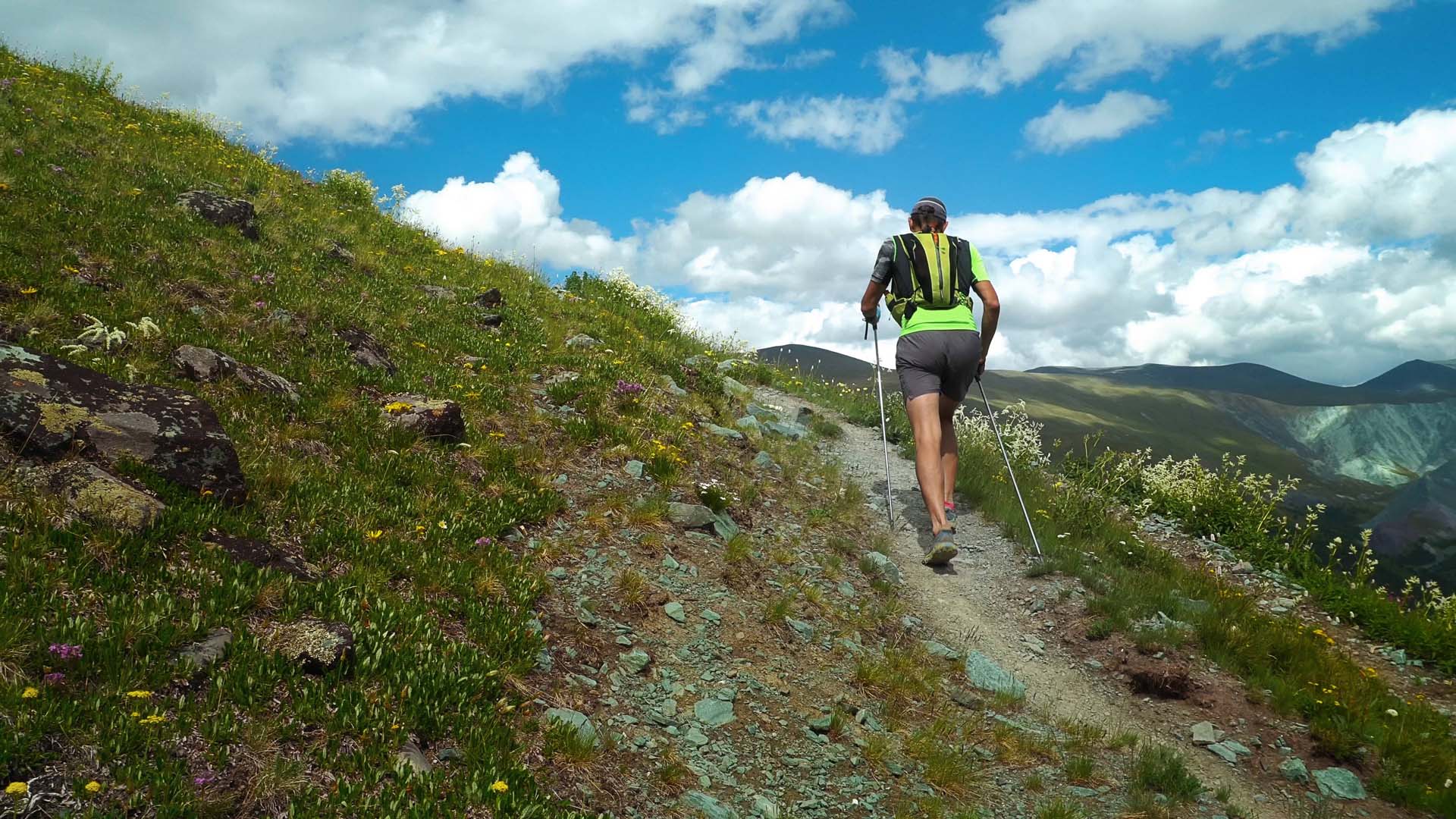
The secret to being a successful trail ultra-runner as you get older includes a lot of walking and eating.
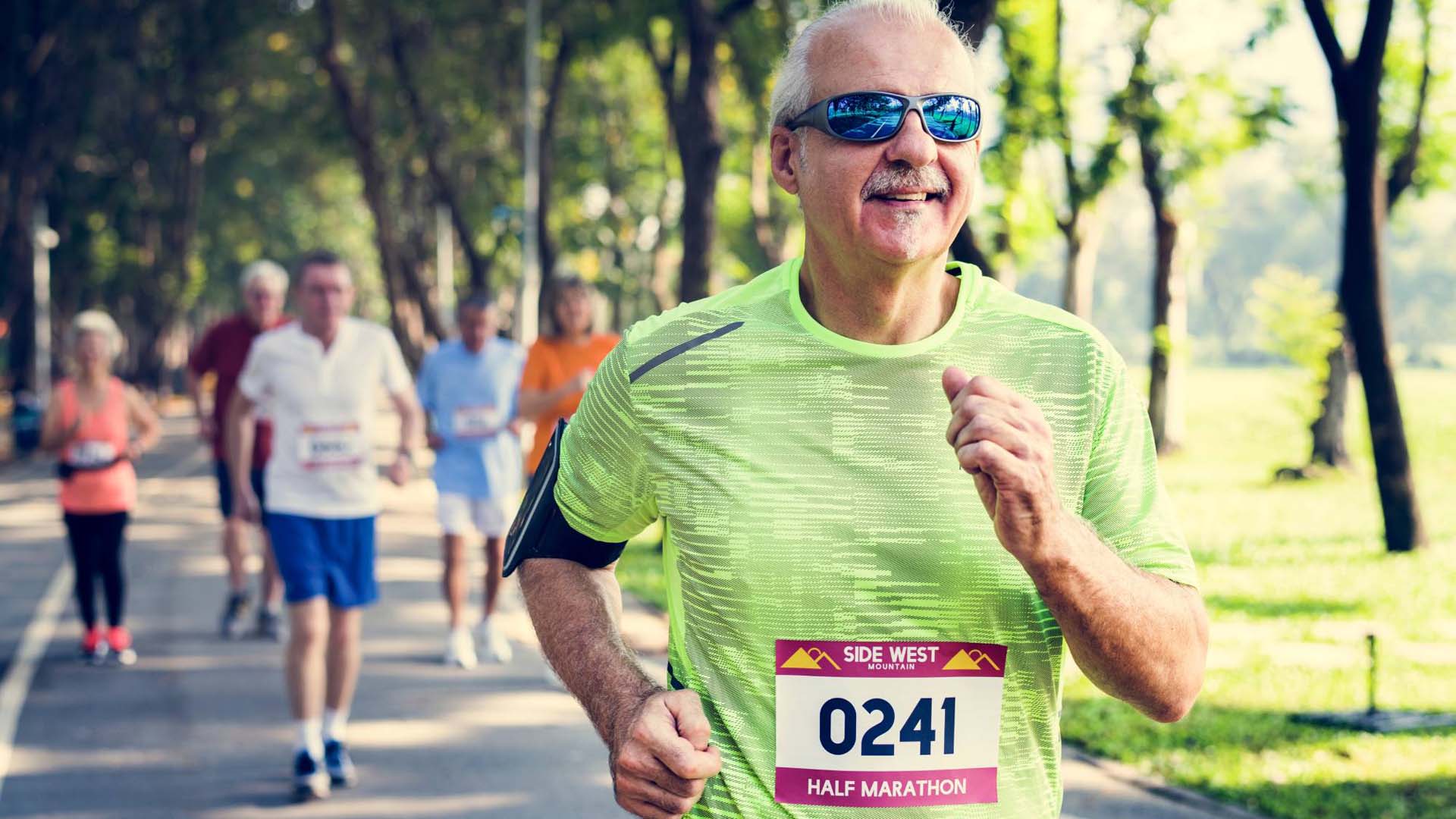
Running a half marathon is all about the right training. Here’s how to go about it.
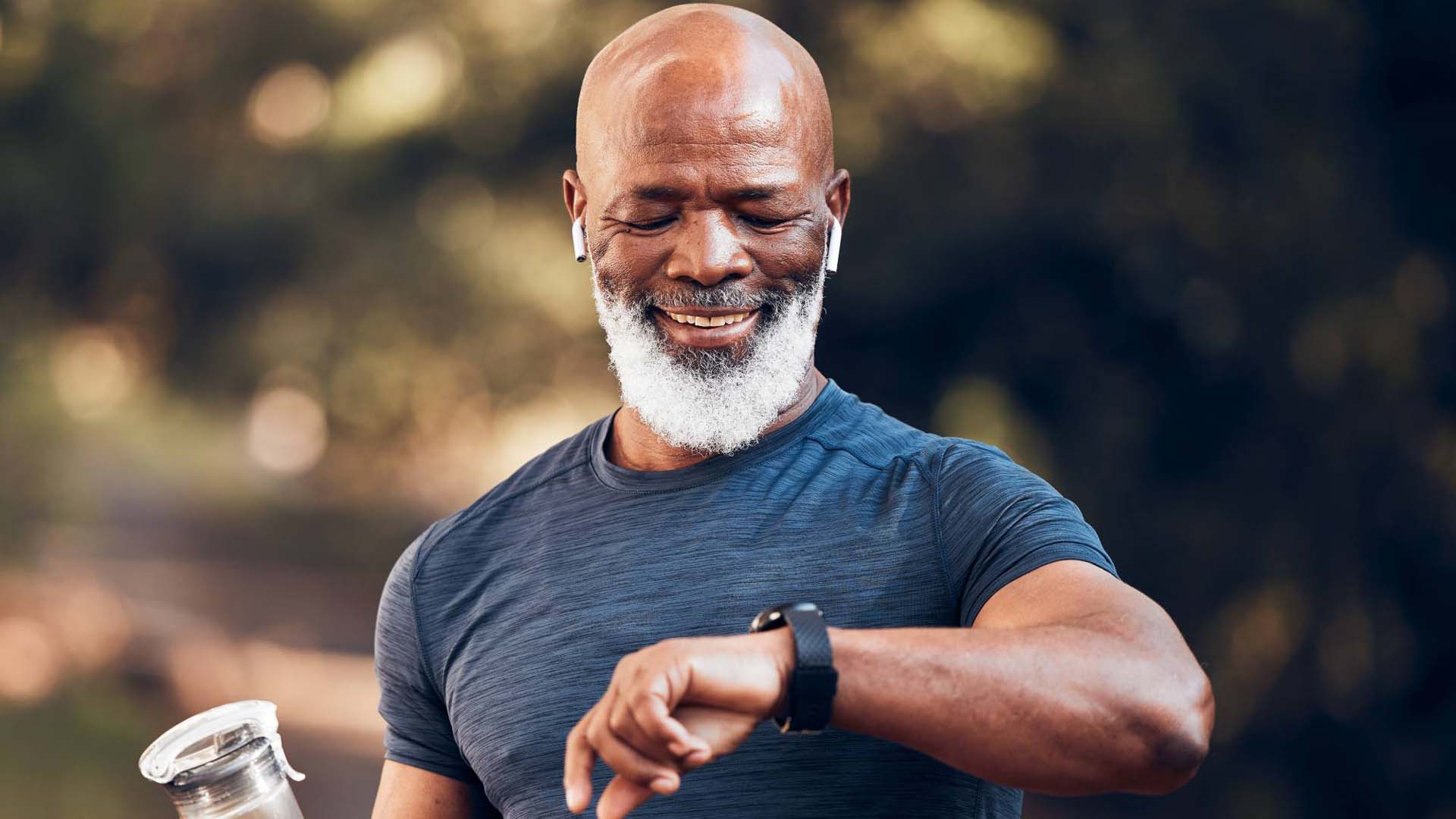
Your questions answered about what really is a good 5k time.

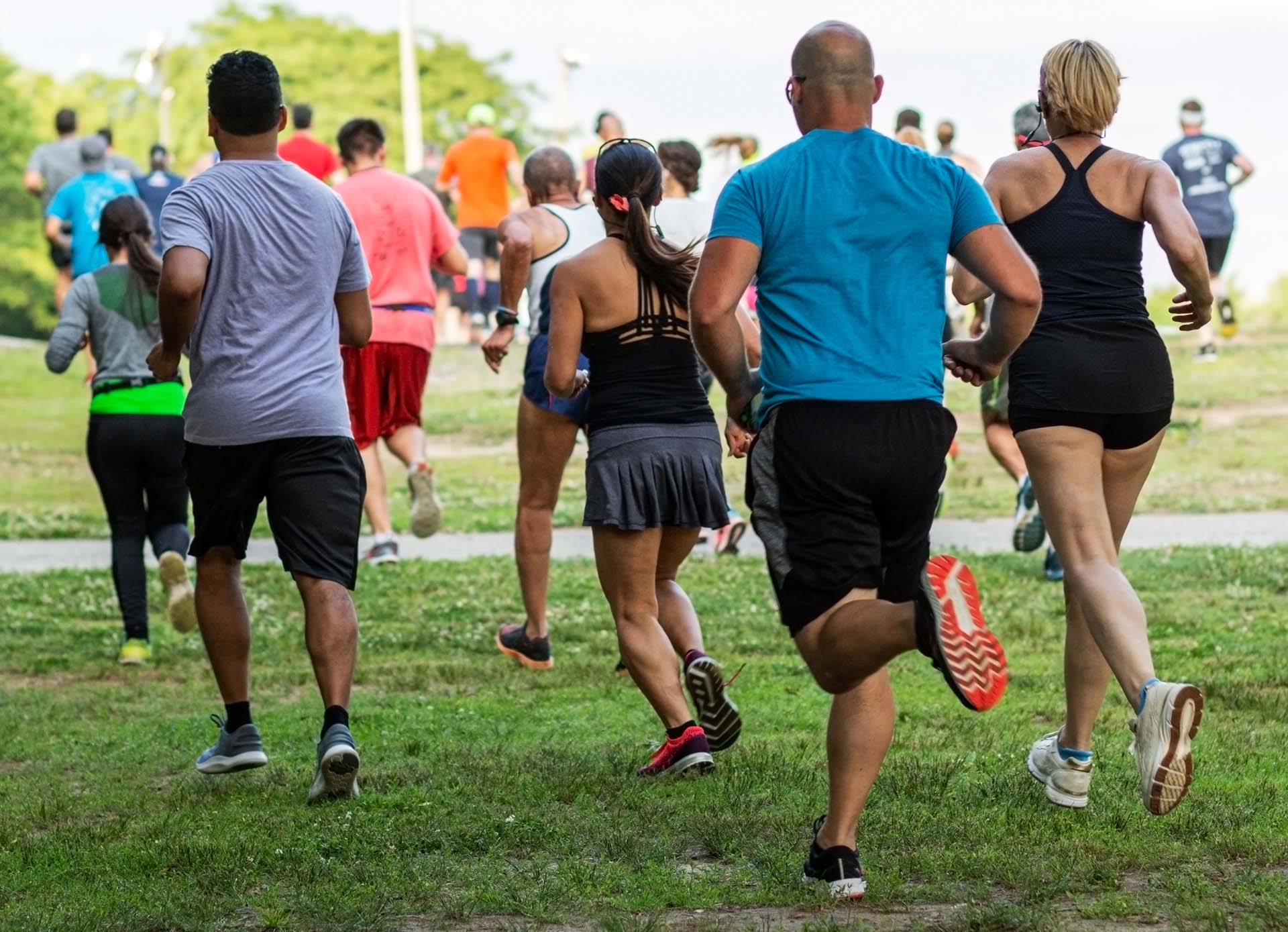
Expert advice on how to train for a 5k with just three runs a week.
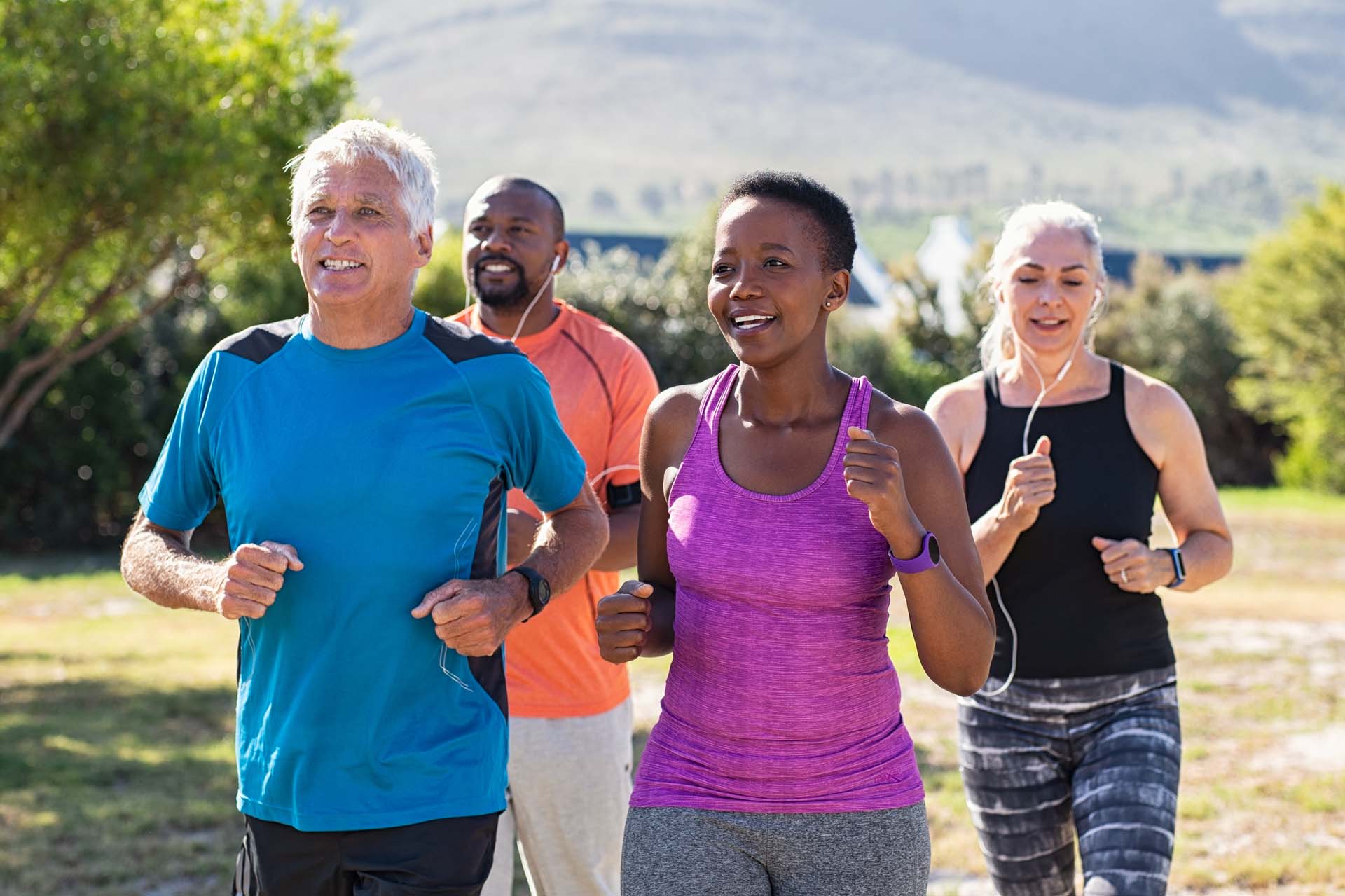
Running your first 5k is all about getting the pace right.